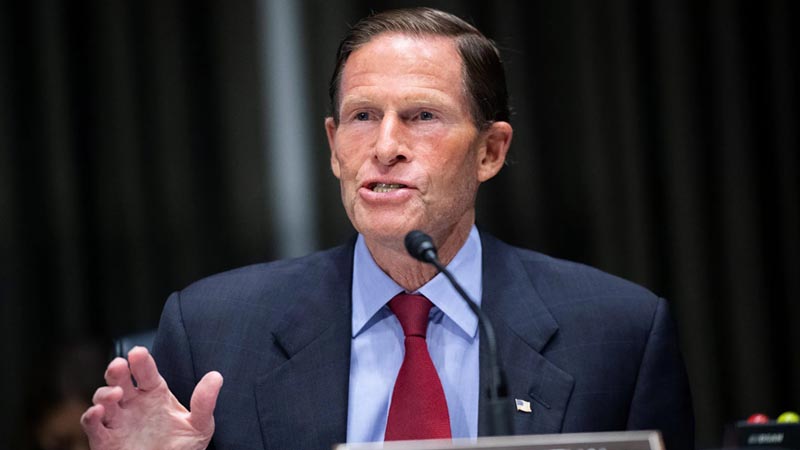Judges Question Fraud Case Against Trump: ‘Are You Stretching This Statute Beyond What It’s Designed to Do?

(trump.com)
As the legal battles surrounding Donald Trump continue, a significant hearing in New York took a surprising turn. During coverage of Hurricane Helene updates MSNBC legal analyst Lisa Rubin revealed that a crucial hearing regarding Trump’s $478 million civil fraud judgment is not going well for the prosecution.
The Appellate Division of the Supreme Court of the State of New York is currently reviewing the case, with a five-judge panel hearing arguments from the New York Attorney General Letitia James’ office, as well as Trump’s legal team. The central issue is whether the $454 million judgment, now $478 million with interest, should be overturned due to potential overreach by the state.
Rubin reported live on MSNBC, telling host Andrea Mitchell that the majority of the judges appeared skeptical of the state’s case. “I’m not watching the argument now as we are sitting here on set, but the argument continues,” Rubin said, before elaborating on the judges’ apparent concerns.
“What struck me is that the bench is a ‘hot bench,’ the five judges on the appellate division, who are hearing this appeal, asking a number of questions of the government’s lawyer, showing hostility to the underlying theory of the attorney general’s case,” Rubin explained. The primary focus of their questions seemed to be whether New York Executive Law § 63(12) was being applied too broadly.
This law, intended to combat consumer fraud, is at the heart of the case. Prosecutors argue that Trump committed fraud by inflating the value of his properties to secure favorable loans. However, as Rubin reported, the judges are questioning whether the statute was intended to apply to this kind of dispute—especially given that the banks involved in the transactions did not express dissatisfaction or claim to be victimized.
Rubin noted that the judges pressed the state’s lawyers on this point. “They’re asking them, ‘Are you stretching this statute beyond what it’s designed to do, which is to punish consumer fraud? If the banks weren’t unhappy and they weren’t victimized, is there a case?’”
This line of questioning, Rubin said, was particularly striking because four of the five judges appeared to be strongly leaning in Trump’s favor. “Really surprised to see four of the five judges coming out strongly and swinging on that point,” she admitted.
The outcome of this hearing could have a significant impact on the ongoing legal battles Trump faces. If the judges ultimately decide that the state overstepped its authority in applying the consumer fraud statute, the civil fraud judgment could be overturned, dealing a blow to the New York Attorney General’s office.
As the hearing continues, legal analysts like Rubin will be closely monitoring the case to see how the judges’ skepticism plays out in their final decision. For now, the indications suggest that Trump’s legal team may have found a receptive audience in the New York appellate court, with potential ramifications that could ripple through his other legal challenges.


